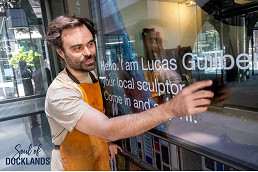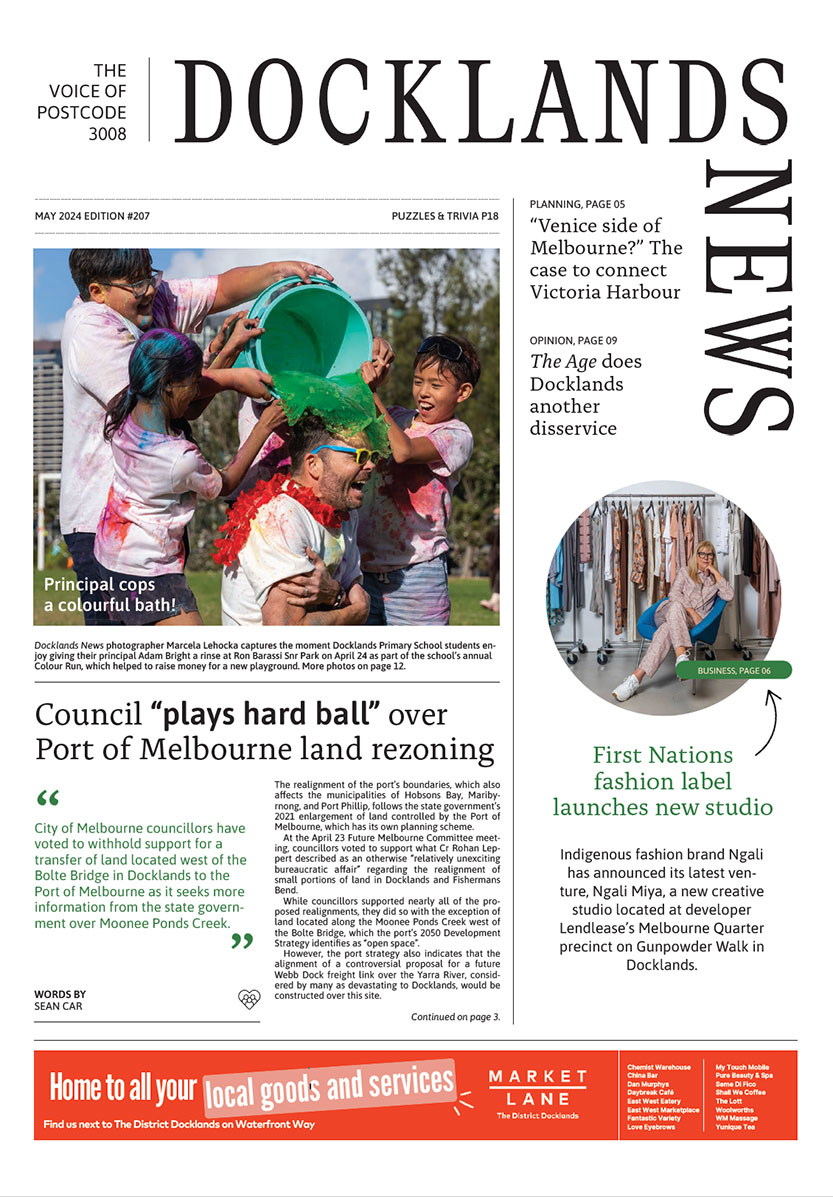Funding returns for Salvos’ street teams
A suspended program that helped distressed young people on Friday and Saturday nights has had its funding reinstated by the City of Melbourne.
After a request from the Salvation Army following the release of its recent draft budget, the council agreed to back the Youth Street Teams program to the tune of $100,000 for the next 12 months.
The initiative, which began in 2010 in response to increasing alcohol-fuelled violence in the CBD and its immediate surrounds, was suspended at the beginning of the COVID-19 pandemic.
But now, with foot traffic in the city reaching pre-COVID levels on many Friday and Saturday nights, volunteer teams will return to the city streets.
Requesting the reintroduction of funding at a June 23 council meeting, Salvation Army Major Brendan Nottle told councillors that the program — which involved volunteer teams of three or four (supervised by a Salvation Army worker) working 11pm to 5am on weekends— had been crucial prior to COVID.
“Their role was to walk the streets of the city and engage with predominantly young people who had come in from a suburbs for a night out,” he said.
“Our teams would hand out bottled water, rubber thongs and Chupa Chups; but they were really used as engagement tools to have ongoing conversations with young people [saying things like] ‘gosh, you’ve had a big night out, what are your plans to get home?’ Our teams would then work to get the person reconnected with family or friends, or work to get them to the train station or an Uber or taxi, or for us to actually drive them home.”
On most occasions the young person was usually drunk or emotional and merely required guidance, not the attention of the authorities.
“Rather than police resources be caught up with that, our team would take over, care for the person and the police resources would be freed up. Paramedics would also call us through the course of the night and refer young people to us who they checked and deemed not requiring hospitalisation. We made sure young people got home safely.”
Major Nottle said the program was making a “significant contribution to ensuring that the city was safe” prior to COVID, and noted that it had been replicated in Sydney, Brisbane, Hobart and Darwin.
The level of funding sought by the Salvation Army is understood to be less than what is received prior to COVID-19 despite the fact that, as Deputy Lord Mayor Nicholas Reece pointed out, on some Friday and Saturday nights pedestrian activity had returned to pre-COVID levels.
“Are you sure you’ve got your ask right of us this evening?” Cr Reece asked in relation to the funding request.
“This has never happened before,” Major Nottle said with a laugh.
“No, I think we have. The Salvation Army actually sees the value of this program and they’ve made a significant contribution to the program as well.”
Major Nottle revealed that in July, the Salvos would launch a related “Pink Car” program to specifically assist vulnerable young females get home safely on weekends.
The hot pink car, donated by the Collingwood Football Club, will be staffed by a female worker and a female volunteer with the aim of both connecting and thwarting opportunistic attacks.
“One of the major learnings is that of the 5000 engagements that our teams had with young people in 2019 just prior to COVID, 48 per cent of those engagements were with young women,” Major Nottle wrote in his CBD News column this month.
“Our teams often see young women standing on their own waiting for an Uber or a taxi. Tragically, in recent times, some young women have not made it home safely.” •

Meet Lucas Guilbert







 Download the Latest Edition
Download the Latest Edition
